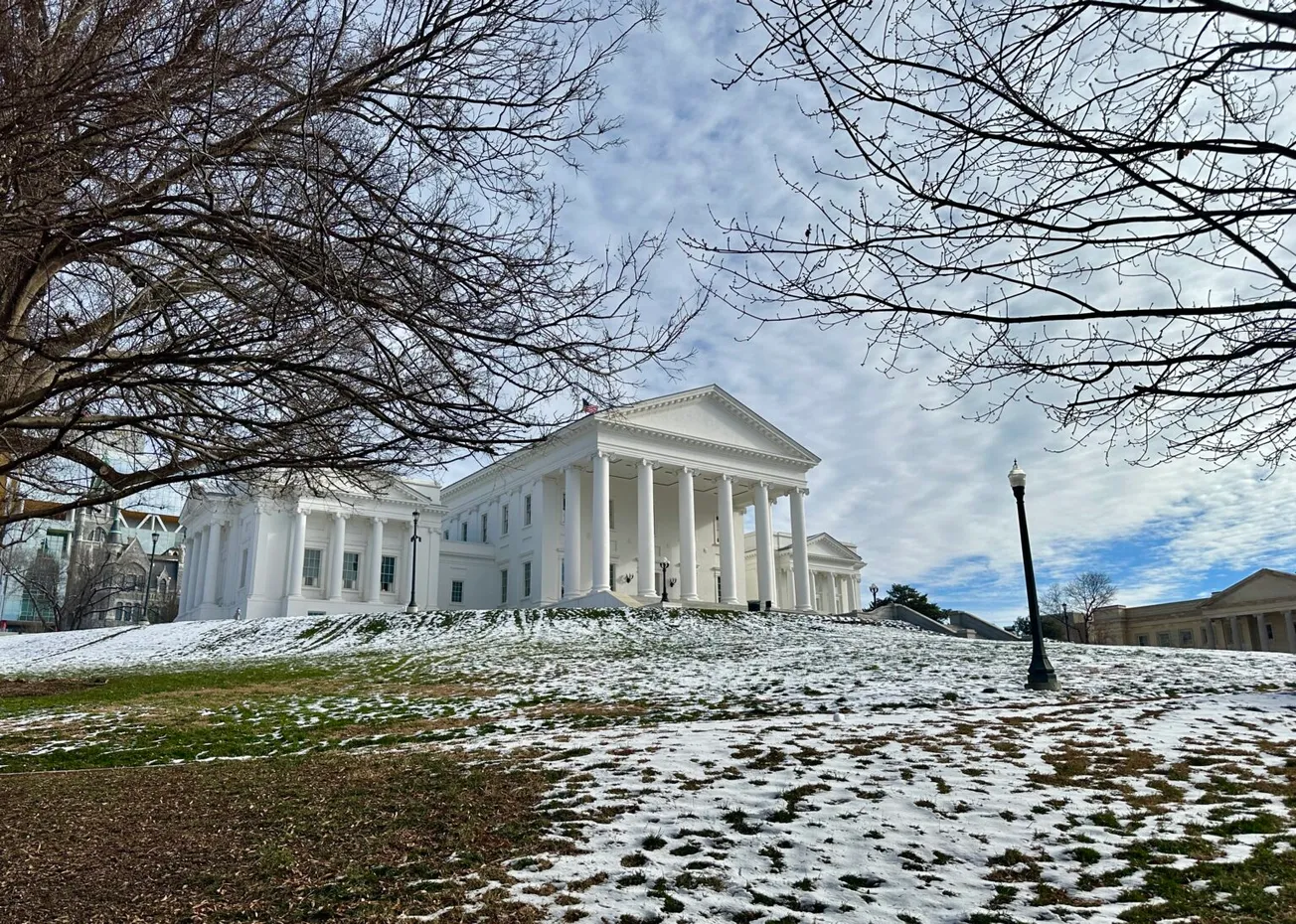License plate reader bill survives, but surveillance concerns loom
Lawmakers scale back data storage limits, but critics warn of privacy risks and potential law enforcement overreach

Lawmakers scale back data storage limits, but critics warn of privacy risks and potential law enforcement overreach
